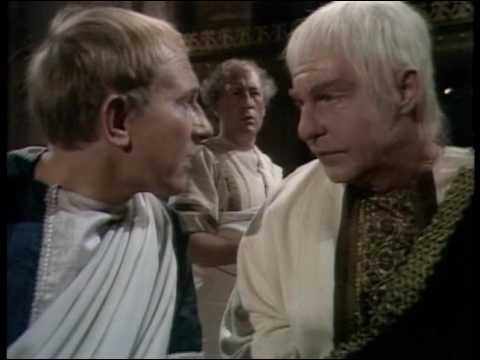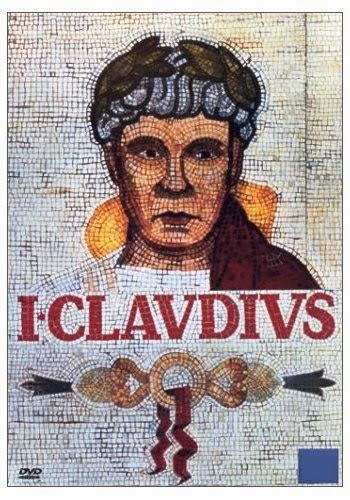|
home | what's new | other sites | contact | about |
|||
|
Word Gems exploring self-realization, sacred personhood, and full humanity
return to the main-page article on "Hell"
The question posed in the masthead came to me decades ago when I was watching an episode of “Unsolved Mysteries.”
I do not recall many of the details now, but the evidence suggested that a murder victim, lingering near the scene of the crime and also the perpetrator, had malevolently interacted with the criminal. Later, in the movie "Ghost," we find another case of one who had been killed manipulating matter in an effort to bring a killer to justice.
These examples prompted me to wonder if the so-called dead can, indeed, interact with matter, that is, moving or displacing it. In my investigations of reports from the other side, I decided to keep a lookout for any evidence which might suggest that this is possible. Eventually, I produced a list of a dozen or more incidents of discarnate spirits manipulating matter in our world. Among these, I began to notice, most or all of these spirits were in the category of “earthbound.” They had not gone to “the Light” but had associated themselves with certain aspects of the Earth. In popular parlance, we would call them “ghosts.” As an example, one of these earthbound spirits offered a message through Leslie Flint. She spoke in joking manner of how she, inhabiting or “haunting” a house, could smash a vase, if she so desired. If a spirit could smash a vase, then, theoretically, it should be possible to do much more. And given the state of the world, overrun just now by Dear Leaders with their totalitarian efforts to enslave, I wondered why the “good” spirits on the other side did not do something to stop them. Like the criminal in “Ghost,” those who torment the world could be attacked by the “good spirits” with material objects in order to prevent them from tyrannizing the world. Why doesn’t this occur? In the story of Franchezzo, featured on the “Dark Realms” page, we find him engaged in missionary efforts in “hell.” In the course of his travels, he and the Guides would, at times, create a force-field of protection, but we do not see them attacking or inflicting violence upon the vicious ones in the Dark Realms, even though the Guides' superior power could easily overwhelm them. One of the lessons Franchezzo was given to learn during his “tour of duty” as a missionary is that any attitude of revenge or desire to inflict violence upon the criminals in dark places will immediately cause a negative reaction in the minds of the missionaries. Any effort toward retribution or vengeance will create a kind of bond, an energy of affinity, with an evil one. To enter into this kind of negativity begins to entrap the “good spirit” making it difficult or impossible to break away and return to a better environment. You’ll want to read more about this in the accounts of Franchezzo. Is it possible for a discarnate to manipulate matter, break a pane of glass, or even push a mortal around? The answer seems to be yes, but if one were to do this, it appears that the one engaging in this kind of activity will become entrapped in that act of violence. From what we’ve learned about the nature of “ghosts,” it appears that these disembodied spirits feel that they have unfinished business on the Earth. They do not want to go to “the Light.” They do not trust God that all will yet be made right. In a spirit of vigilantism, they see themselves as needing to complete a task of justice, or possibly, to seek for vengeance against someone who did them wrong during their Earth time. But, when they do this, they become trapped in the negative energies of the Earth and find it very difficult to leave. The hero of the “Ghost” movie saved his girl and led a criminal to his just desserts, and then we saw him leaving for “the Light.” In reality, however, he might not have been able to exit so easily. And, of course, there would be a natural desire to save a loved one - however, from a larger cosmic perspective, are retributive acts the proper way of doing this? What is going on with all this? Why does it work this way? From the experience of Franchezzo, plus many other accounts featured on the WG site, we begin to discern that God and the senior Guides orchestrate a grand educational experience for all of us. We are to learn, with a depth of understanding, that the ways of the ego and of evil will not bring us happiness. To this end, they employ a policy of laissez-faire management; or, as Emperor Claudius had it, “let all the poisons in the mud hatch out.” This seems to be part of natural law. And if one endeavors to interfere with this natural educational process unfolding in the universe, one finds him or herself subjected to negative energies.
|
|||
|
|




